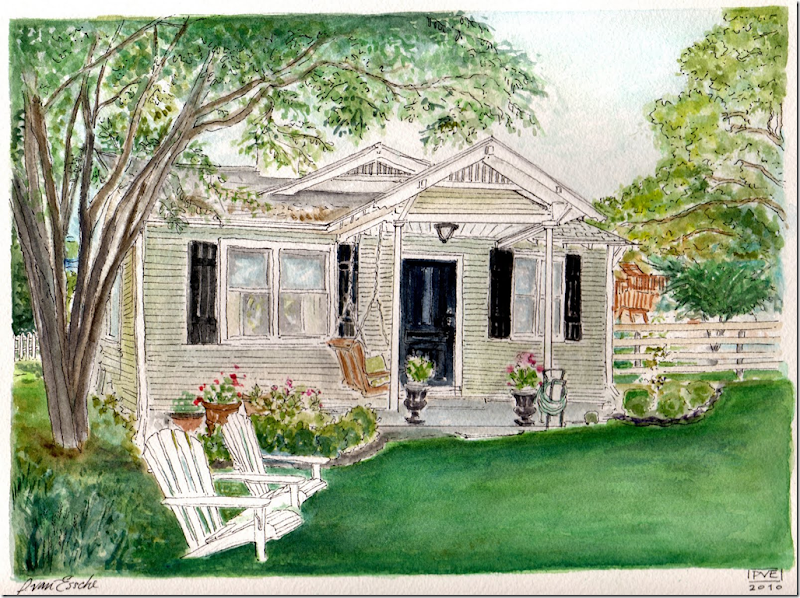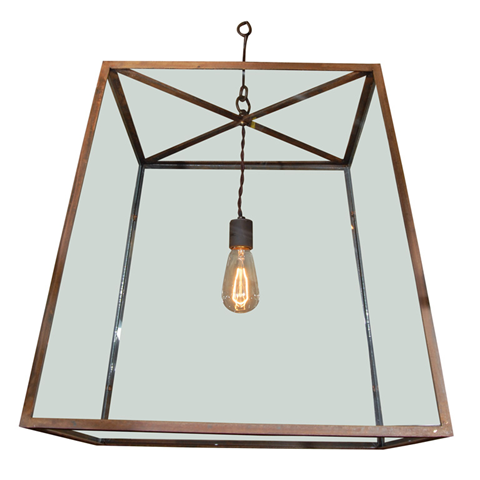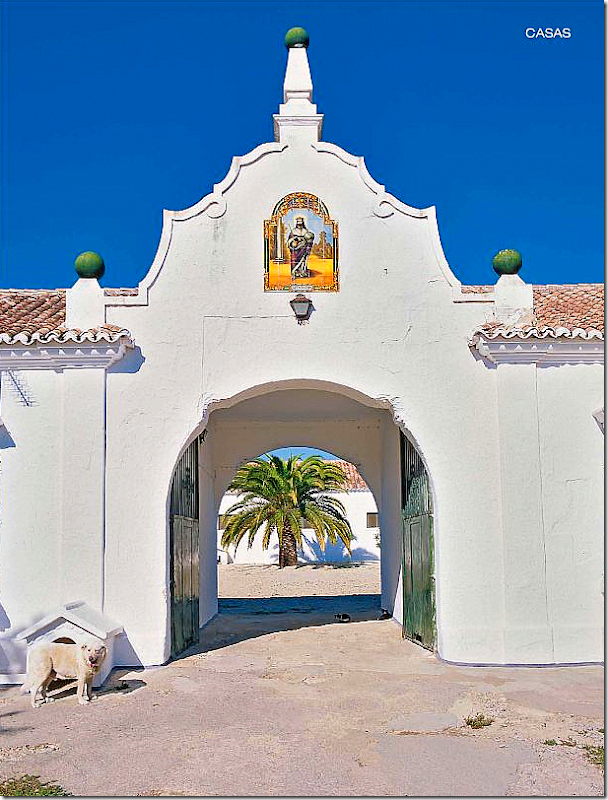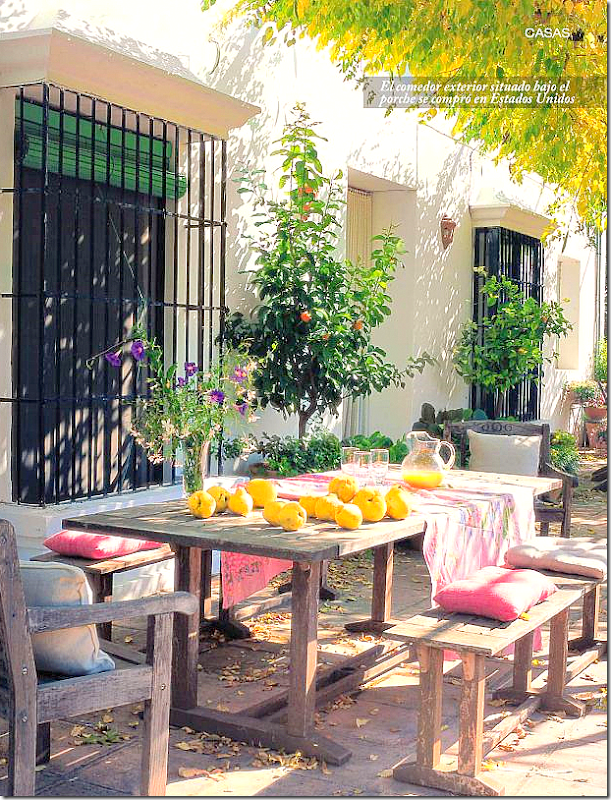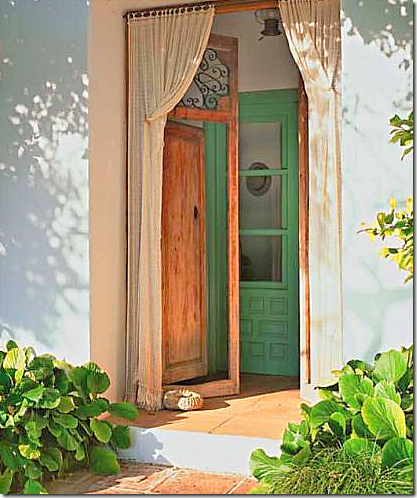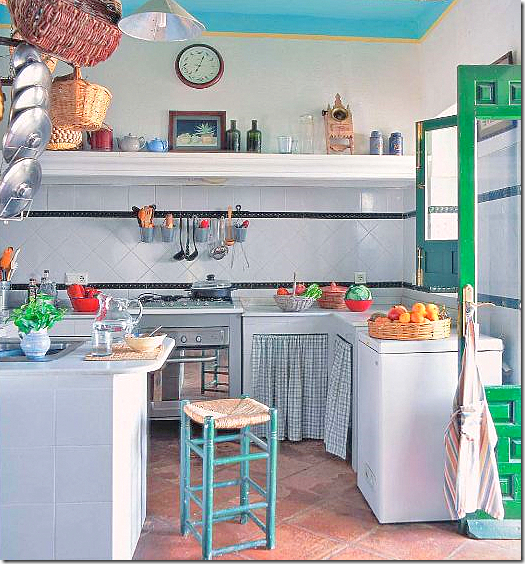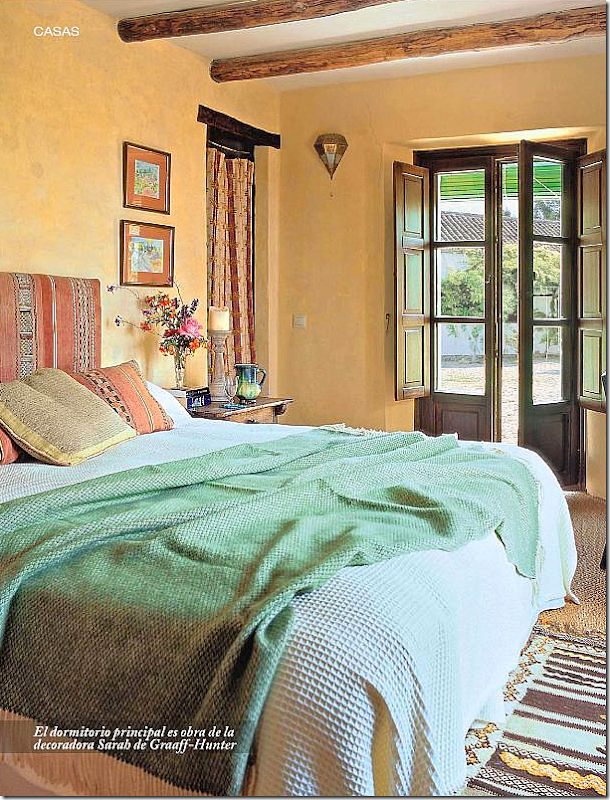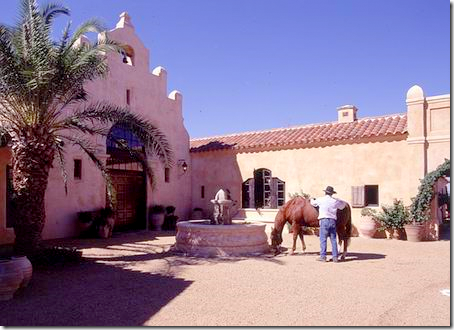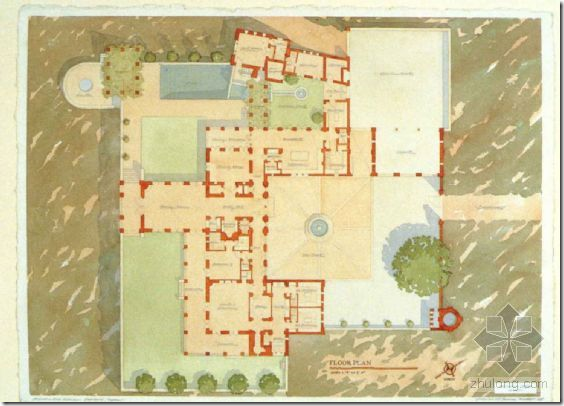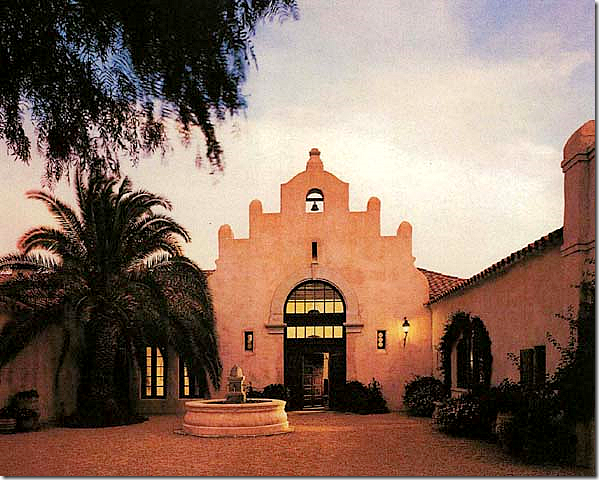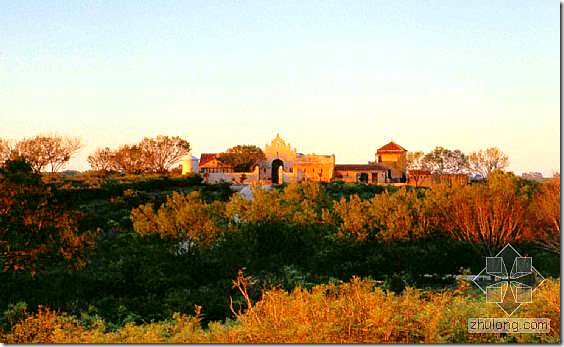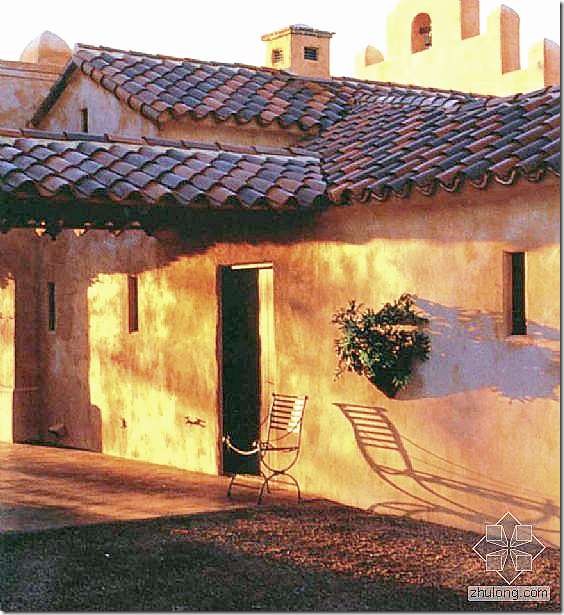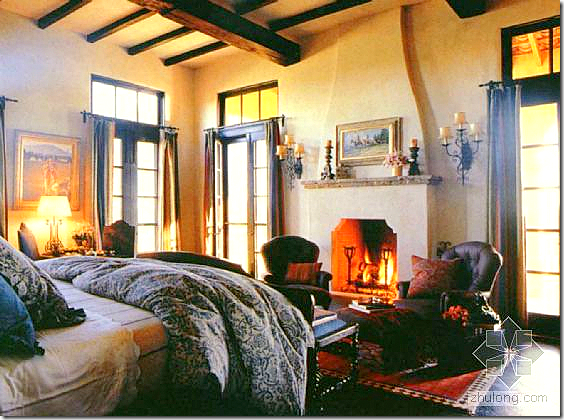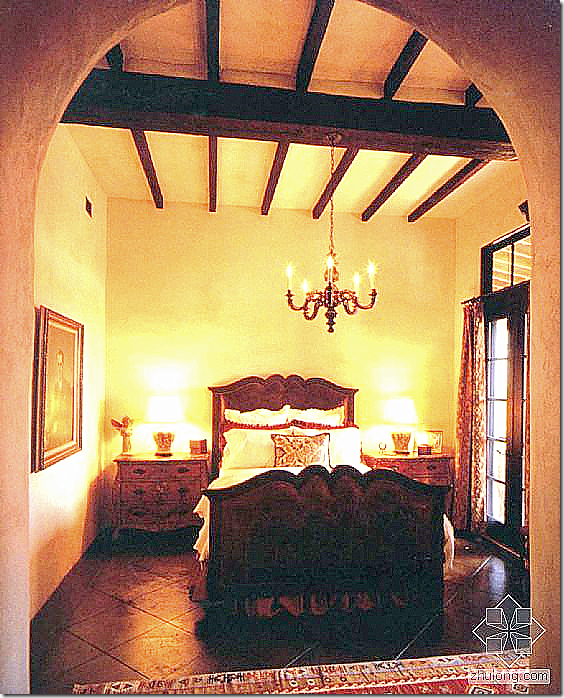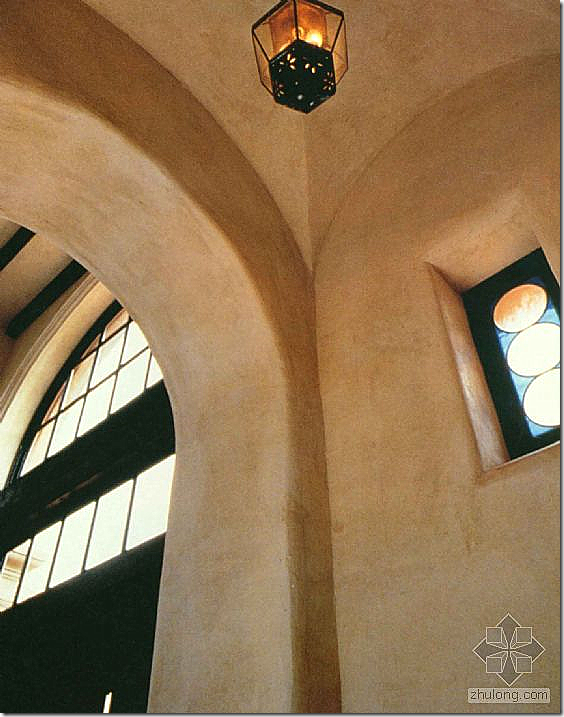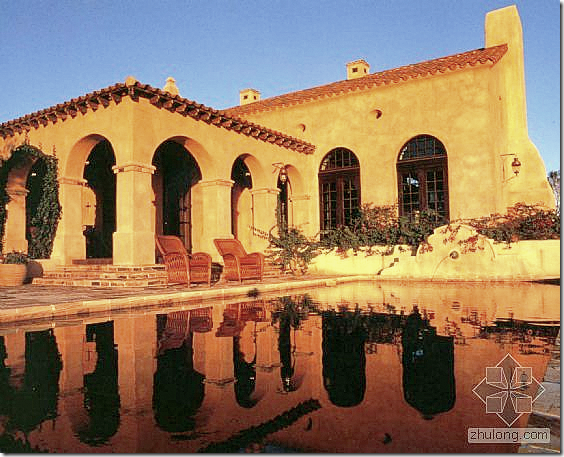
SELLER: Estate of Max
PalevskyLOCATION: Malibu, CA
PRICE: $55,000,000
SIZE: 11,303 square feet, 7 bedrooms, 7 full 3 half bathrooms
YOUR MAMAS NOTES: The estate of recently deceased Los Angeles based computer industry pioneer, philanthropist, art patron, and big time lefty liberal political donor Max
Palevsky is wasting no time liquidating–or trying to liquidate–Mister
Palevsky's legendary residential real estate portfolio. Mister
Palevsky perished at 85 from heart failure in early May of 2010 and by mid-July the tech tycoon's George Washington Smith designed mansion in Beverly Hills was up on the block with an asking price of
$12,500,000. More on that later.
Word quickly began to creep down the real estate gossip grapevine that Mister
Palevsky's may-
jer Malibu mansion was to be next out of the real estate gate and sure enough the sprawling, ocean front spread in the Paradise Point area just hit the open market with a blistering asking price of
$55,000,000.
Mister
Palevsky was a man of many millions, many professional endeavors, and many interests. Stripped of the details, his big life can perhaps be best summed up as being a founder of the semiconductor juggernaut Intel who used his vast fortune to fund Democratic political campaigns and to amass a substantial and important collection of Arts and Crafts
knick-knacks and
paddywhacks that included Tiffany lamps, Frank Lloyd Wright stained glass, and furniture pieces by
Gustav Stickley and Austrian architect
Josef Hoffmann.
It appears that the Malibu property was purchased by Mister
Palevsky in 1974 for an unknown price that Your Mama would bet our long bodied bitches Linda and Beverly was pennies to the dollar compared to its current sky-high asking price that makes it the second most expensive property on the open market in The Bu. (The most expensive, for those who might want to know, is a secluded 37-acre estate in the mountains with a 9,000 square foot main house and acres of vineyards and orchards listed at
$65,000,000.)
Mister
Palevsky's six and some acre estate stretches all the way from the
bizzy Pacific Coast Highway to a high bluff that tumbles dramatically down to the ocean's edge. The massive main house, a chunky and hunky Spanish Colonial affair, was originally designed in 1975 by Joe
Wieser, an interior designer best known for designing banks for
Downey Savings. The house sits very near the
bluff's edge, a position that provides unimpeded and electrifying views up and down the rugged Pacific Coast.
Listing information indicates the 11,313 square foot main house has a total of 7 bedrooms and 7 full and 3 half
poopers, a count that includes a staff room with private
pooper near the laundry room and kitchen. There are also, according to listing information, five family bedroom suites each with private
pooper slathered in vintage hand-glazed Catalina tiles, and a magnate-worthy master suite that encompasses a bedroom, private office–both of which have fireplaces–extensive closets and storage space, a private deck or two, and a gigantic private
pooper with sauna and 2 side by side bathing tubs. That's right, side by side bathing tubs where two people can sit separately in boiling vats of hot water and their own filth.
In the mid-1980s Mister
Palevsky commissioned maverick Italian architect Ettore
Sottsass to re-work the interior spaces. Mister
Sottsass was, of course, the founder of the Memphis Group, an influential multi-disciplinary design collective formed as a reaction to the clean lined modern designs that dominated the high-minded architecture and design scene of the previous decades. While much of the house remains true to its original design, Signore
Sottsass injected vibrancy and explosive color into the interior spaces with custom designed furniture pieces and abstract
objets that are peppered throughout the house and act as totemic focal points to the generously scaled and architecturally traditional spaces.
Although there's an undeniably grand procession from the front gates to the
motor court as well as through the gardens to the mansion's front door, entering the house is a little like Alice going through the looking glass. A surprisingly modest, arched wooden front door in the dignified and stately façade swings open to a spare but monumentally voluminous foyer and stair hall with gleaming coffee colored tile floors with custom inlays, double height ceilings, whimsically scrolled wrought iron stair balusters, and a wacky undulating ceiling that signifies the entrance into the formal living room.
The public rooms include a formal living room with 25-foot ceilings and ocean views, cherry wood flooring, a wood burning fireplace, and a couple of wildly colorful seating clusters that allow for intimate interactions in a room so large it could easily feel like a hotel lobby. The dining room has another fireplace–with an ass-
uglee insert–a burl wood
coffered ceiling, ocean views, and red wall to wall
carpeting with Catalina tile baseboards. That red carpeting, puppies, is so strange, and unexpected, and decoratively hostile that we kind of like it. We'd never recommend it and we'd rip it out
iffin this was our house, but there's something very courageous about installing such tawdry wall to wall carpeting in such an expensive and elegant house.
Anyhoo, the family room is enclosed in a sweeping curved wall of glass overlooking the rear gardens and terrace and beyond to the ocean. There are more of the coffee colored tile floors with custom inlays, simple book-filled bookshelves that line opposite walls, a pair of ebony turned columns, a fireplace, and a ceiling that dips and swoops dramatically like the interior of a dressed down cathedral. The room is furnished with little more than a couple of identical deep purple sofas facing the fireplace and two tufted red leather chairs with bulging and curved backs positioned to take in the ocean view.
The kitchen complex, according to listing information, contains several serving areas, 2 dishwashers, 3 Sub-Zero refrigerators, 2 cook tops, a butler's pantry with sink,
counter tops and extensive storage, laundry facilities, staff room and
pooper, and a round breakfast room with tile floors and floor to ceiling windows,
The
Palevsky estate also includes a guest house that sits towards the front of the property and includes, according to listing information, a living room with fireplace, bedroom and
pooper with Catalina tile, study/tee-
vee room, eat-in kitchen, laundry room and outside storage.
Much but not all of the lavishly landscaped grounds immediately around the main house are enclosed in a 12-15 foot high wall. Access to the property is, natch, through an electronic drive gate and, we would guess, some seriously high-tech security systems. There are palm groves, a small Eucalyptus forest, coastal redwoods, wide swathes of lawn, an orchid shade house, 3-car
garage, potting shed, and storage rooms for all the necessary garden equipment required to maintain an estate of this magnitude. A lighted north/south aligned tennis court complex has storage space for ball machines and other equipment, a drinking fountain, and half
pooper which is convenient when the urge to do yer
bizness strikes in the third set of a heated game of mixed doubles.
A 20-foot by 40-foot swimming pool has a titanic tiled fountain that anchors the far end where a row of tall palms sway gently in the sea breeze, and on the ocean side of the house terraces spill down to the
bluff's edge where there is a spa and fire pit. A long,
booty-busting and heart attack inducing staircase and path lead down the bluff to a private and sandy beach.
It remains to be seen who if anyone might be in the market for a $55,000,000 beach house. Even at the
tippy top of the white hot real estate market in the mid-naughts these kinds of extravagantly priced properties didn't sell quickly or at all. The recent financial fracas and resulting decline in the the markets has been even less kind to Malibu's most expensive properties. Although we heard there were interested parties and even an offer or two made, Cher's
$45,000,000 Italian Renaissance
residence never sold, nor did investment mogul William Chadwick's $65,000,000 beast on Carbon Beach, and the executors/family of philanthropist Nancy
Daly recently slashed the asking price of her Carbon Beach monster mansion from
$57,000,000 to a still spine tingling
$47,000,000.

Mister
Palevsky's Beverly Hills mansion (above) was built in 1929 and designed by the much lauded and applauded architect George Washington Smith. Property records show the
Greenway Drive dwelling was purchased in April of 1982 from actor George
Segal for $2,880,000. According to current
listing information the Spanish Revival manse measures 7,997 square feet with 6 bedrooms and 5.5
poopers. Mister
Palevsky had the interiors re-worked in the late 1980s by
avant garde architect Coy Howard who sliced and diced the interiors and inserted marble and wooden slabs into the walls and floors to create a visual geometry meant to mesh with Mister
Palevsky's collection of Arts and Crafts furniture. It's not a house that will resonate with architectural purists who will, no doubt, fuss and holler about how Mister Howard bastardized what was once a perfectly lovely house. Others will say he breathed new life into a beautiful but past its prime property buy juxtaposing classic elements with more modern gestures that brought out, highlighted, and enhanced the home's classic good looks .

At the time of his death, Mister
Palevsky also owned a very contemporary, low profile and smartly conceived Craig Ellwood designed dwelling (above) in the jagged foothills above Palm Springs, CA. The house consists of a trio of linear and glassy pavilions set into a rectangular walled garden. It was here that Mister
Palevsky–who once
lamented to the writer Aaron
Betsky that one of his greatest regrets was that his doctor told him he could no longer drop acid after three heart operations–reportedly "cavorted" with the staff of
Rolling Stone magazine, a struggling and then nascent publication he once saved with a giant wad of cash. Your Mama does not know if the Palm Springs property is also scheduled to be sold, but we suspect that unless someone comes along and snatches it up in a private deal, it too will be put on the market for real estate-
ophiles around the world to ogle and drool over.
In 2002, Mister
Palevsky's posh pads in Beverly Hills, Malibu, and Palm Springs were published in a glossy coffee table book called
Three California Houses: Homes of Max Palevsky written by the
above mentioned Aaron
Betsky with juicy and delectable photographs by Richard Barnes. It's a real stunner if you can get your hands on a copy children. As of today,
Amazon has 3 used copies available starting at $149.
Property records show a fair number of smaller and less significant holdings in Mister
Palevsky's residential property portfolio including homes in Venice,
Brentwood, and Santa Monica. At least one of the properties appears to be occupied by Mister
Palevesky's 4
th and 6
th wife and widow, the radical lefty political activist
Jodie Evans. Miz Evans, for those who don't recognize her name, is fearless firebrand who gets a kick out getting dolled up in pink outfits and disrupting political events. She once
bum rushed right wing operative Karl Rove and announced she was going to make a
citizen's arrest while trying to hand cuff the man,
listing photos (Malibu): Pritchett-Rapf
listing photos (Beverly Hills): Jan Eric Hornphotos(Palm Springs): Palm Springs Architecture blog

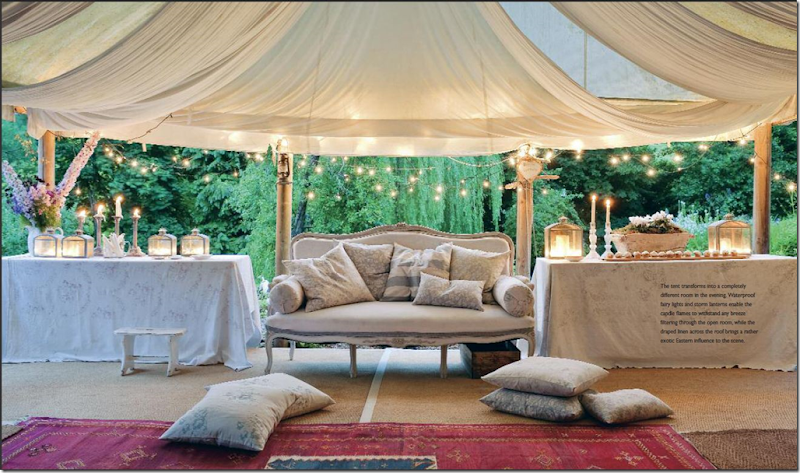 Photograph of Christina Strutt’s house in Bath, England – taken from her latest book: At Home With Country HERE.
Photograph of Christina Strutt’s house in Bath, England – taken from her latest book: At Home With Country HERE.
